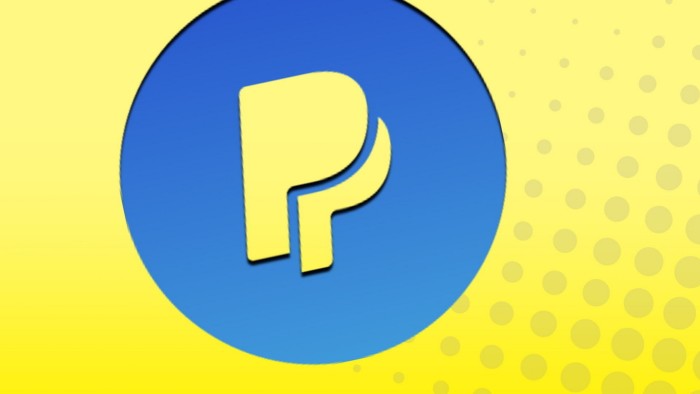PayPal has launched a stablecoin, becoming the first major financial institution to move deeper into cryptocurrency payments, even as U.S. regulators increase scrutiny of digital assets.
The San Jose-based company announced Monday that it has launched a dollar-denominated stablecoin called PayPal USD, marking further expansion of its digital currency services.
PayPal’s move comes despite an aggressive crackdown by US regulators on unregulated activity across the cryptocurrency market. Other companies have scaled back their crypto activities in the country in the face of tough regulatory measures and investor concerns.
Fintech group Revolut last week became the latest company to suspend its crypto operations in the United States, citing “uncertainty surrounding the U.S. crypto market” and exiting the country.
A stablecoin is a type of cryptocurrency that typically tracks the value of a major currency, such as the dollar, on a one-to-one basis. These are different from traditional markets because traders can use coins like cash to enter and exit trades without paying high fees, or to send money across borders without the need for multiple bank accounts. It plays an important role in connecting the cryptocurrency market.
Since 2020, PayPal has offered trading in Bitcoin and Ether, the two most popular cryptocurrencies.
“The transition to digital currencies requires a stable instrument that is digitally native and easily connects to fiat currencies like the U.S. dollar,” said Dan Schulman, CEO of PayPal.
Traditional financial and technology companies have made little progress in building widely used cryptocurrency payment networks. Meta abandoned its controversial Diem stablecoin project last year, which included credit card providers such as PayPal and Mastercard, after encountering regulatory opposition.
Gautam Chughani, senior analyst for global digital assets at Bernstein, said payments for digital assets have traditionally been limited to crypto companies, but for widespread adoption “they need to be done in mainstream apps. That’s what PayPal brings.”
“There are no Mastercard or Visa fees or any other third-party fees,” he said, noting that the stablecoin will allow PayPal users to send and receive money without high fees. It means.
“If PayPal is successful, all other payment apps and consumer financial services brands will want to have their own stablecoins,” Chugani added.
Recommended
PayPal USD is issued by Paxos, which is regulated by the New York State Department of Financial Services, and is redeemable for U.S. dollars on a 1:1 basis, the company said.
The emerging market for privately issued stablecoins suffered a major setback last year when a market called TerraUSD collapsed in May, causing a collapse in cryptocurrency prices and the bankruptcy of several digital asset companies. Its inventor, Do Kwon, has been charged by U.S. authorities with eight criminal charges, including fraud. PayPal’s move poses a direct challenge to Tether and Circle, two of the most widely traded stablecoin issuers.
The stablecoin reserves will be held in US dollar deposits, short-term government bonds, and other assets, the company added.
PayPal customers will be able to transfer stablecoins between their wallets and other external wallets, send money to friends and family, and make purchases online. You can also convert PayPal USD to and from other digital tokens supported by the payment company, such as Bitcoin and Ether.
